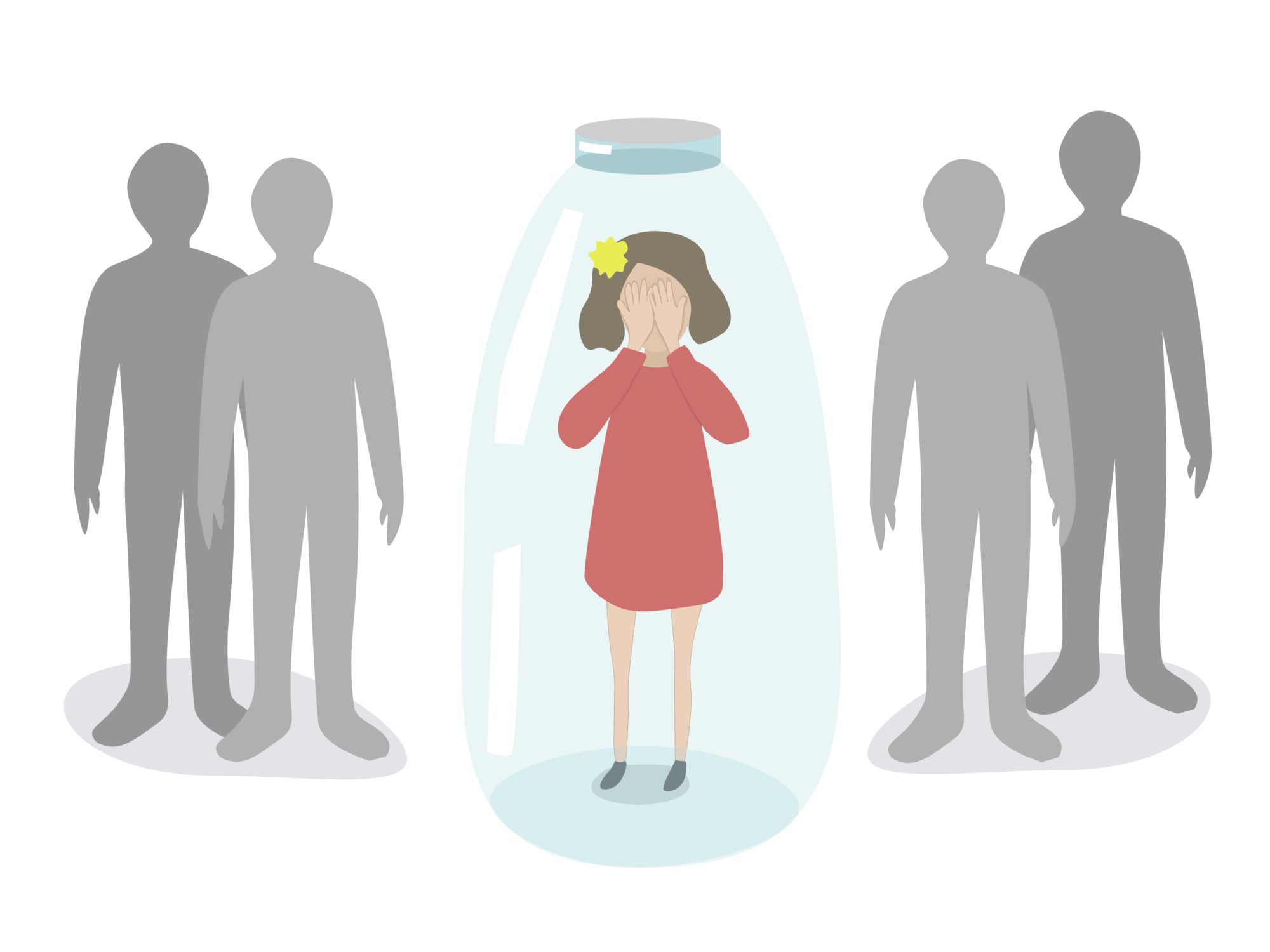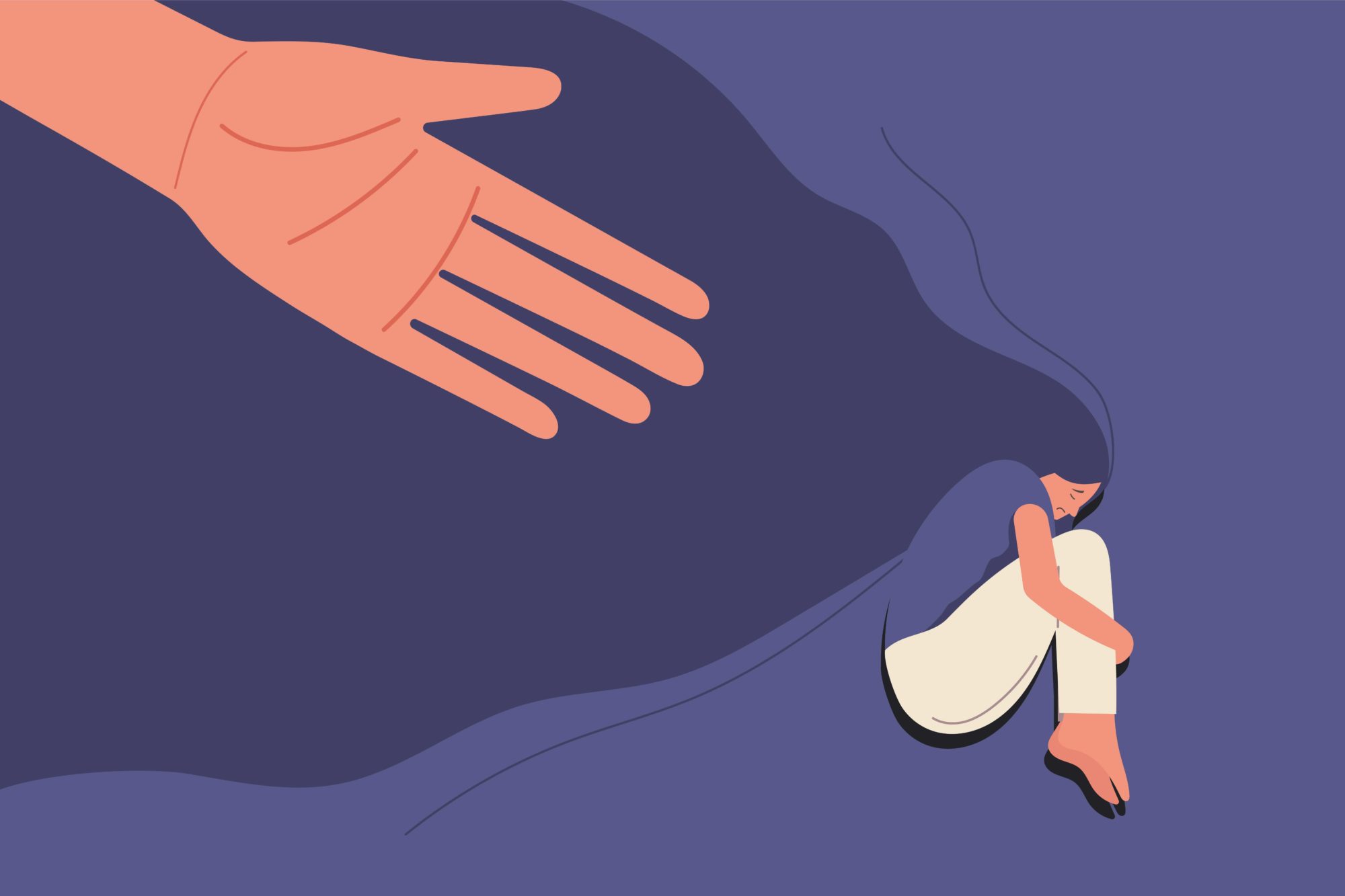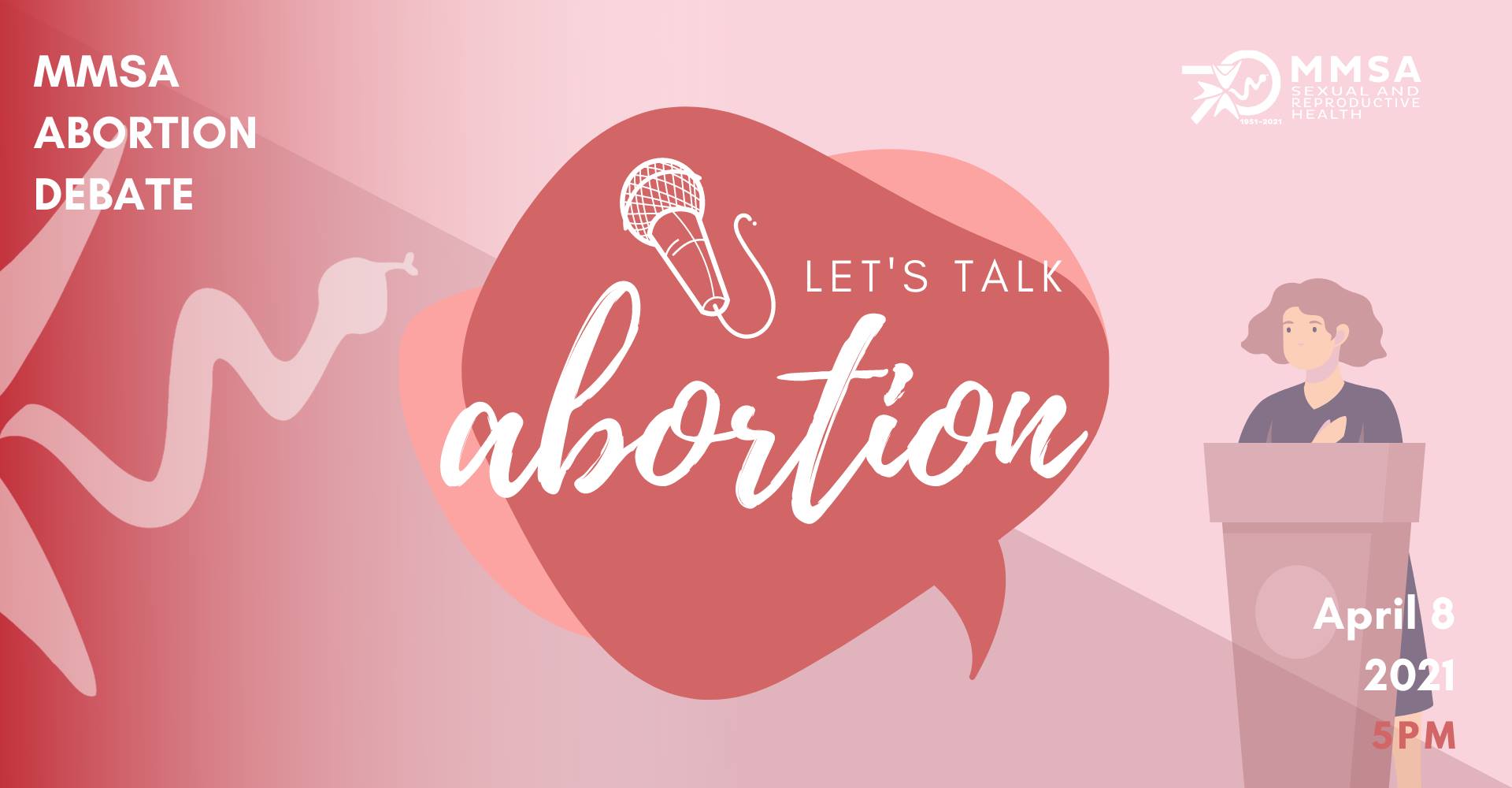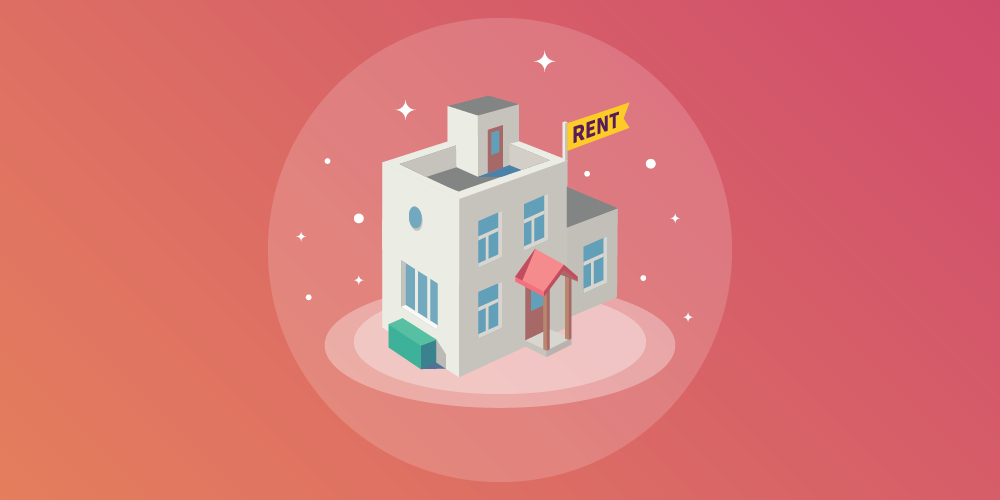It is estimated that every 1 out of 4 people will experience a mental health problem in their lifetime. Mental health refers to what we feel, as well as how we think and act. It is how we go about our daily lives, go to work, attend lectures, engage in meaningful relationships, and interact socially.
The majority of us will experience a mental health problem at some point in our lives, but not all of us will go on to develop a mental illness. Let’s imagine a line where good mental health sits on one end, and poor mental health sits on the other. During a good week, we might find ourselves on one end, only to find ourselves moving towards the other end on a bad week. Say you have a deadline coming up at work or at school. It makes you feel worried and anxious because you cannot handle it on your own, but you do not turn to your colleagues for help. If that anxiety grows within you, you might find yourself experiencing poorer mental health. The very same thing actually happens with our physical health.
When we notice changes in our physical health which may indicate we’re not well, we usually phone up our GP or go to the clinic to check it out. We might even take a few days off work until we recover. The question is, do we visit the clinic as readily if we notice these changes in our mental health? The number of people seeking help is on the rise and has increased steadily over the past years; however, we still continue to see many people refusing to seek help, with only 36% of adults with common mental health problems receiving treatment. Despite the continuous efforts to mitigate this in Malta, stigma still remains a big part of the reason why many fail to seek professional help.
Stigma is a collection of thoughts or attitudes towards something or someone. It is seen as a mark of disgrace, as though needing help (in this case, for mental health) is somehow shameful. So what effect does stigma have on us?

Stigma might hold a person back from even admitting their mental health problem to themselves. The fear of being misunderstood by those around them makes it less likely that they will reach out for help. These misunderstandings may lead to feelings of hopelessness and shame as people struggle to cope with their situation. Unfortunately, this may result in a wall being built between individuals and seeking help. Stigma affects people every step of the way, from diagnosis and all throughout treatment since there is a perceived shame around receiving treatment for mental illness.
Stigma leaves a profound impact on how people feel about themselves and how those around them perceive them. The bright side is that a lot is being done about this, and a lot can be done about it on an individual level: that means you reading this!
It starts with being aware of your own attitudes and behaviours. The way we speak can have a profound impact on the people around us. When we talk disparagingly or mockingly about an issue such as mental health, we are closing the door on that issue. Being open about our mental state of mind can help overcome this taboo. Education also plays a big role in all of this — get to know the facts and educate yourself about mental illness. While you’re at it, educate those around you too; pass on real facts and positive attitudes. This may serve to challenge the myths and stereotypes we have unfortunately picked up along the way from society and the media.

Finally — and possibly the most important point – support. Treat those around you with dignity and respect. Support those around you who may need it: offer practical help or ask what they need from you. Sometimes listening without judgement is enough. Normalise difficulties and issues, because even though they might not always be physically seen, everyone is fighting their own battles behind closed doors.
If you or someone you know is struggling, reach out to us on our freephone 1770 or through our online chat OLLI.chat. We’re here 24/7.
This article was written in collaboration with the Richmond Foundation.










